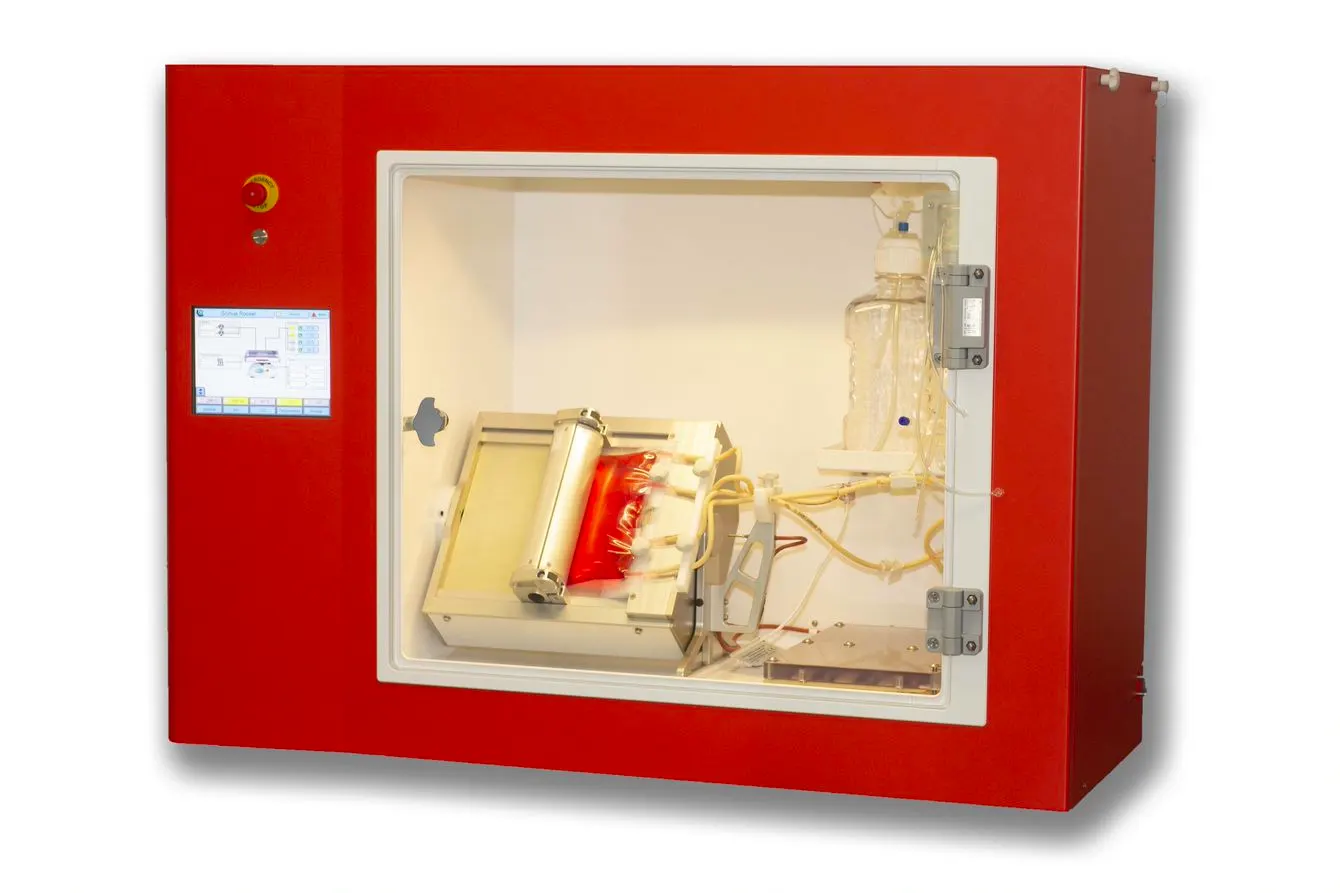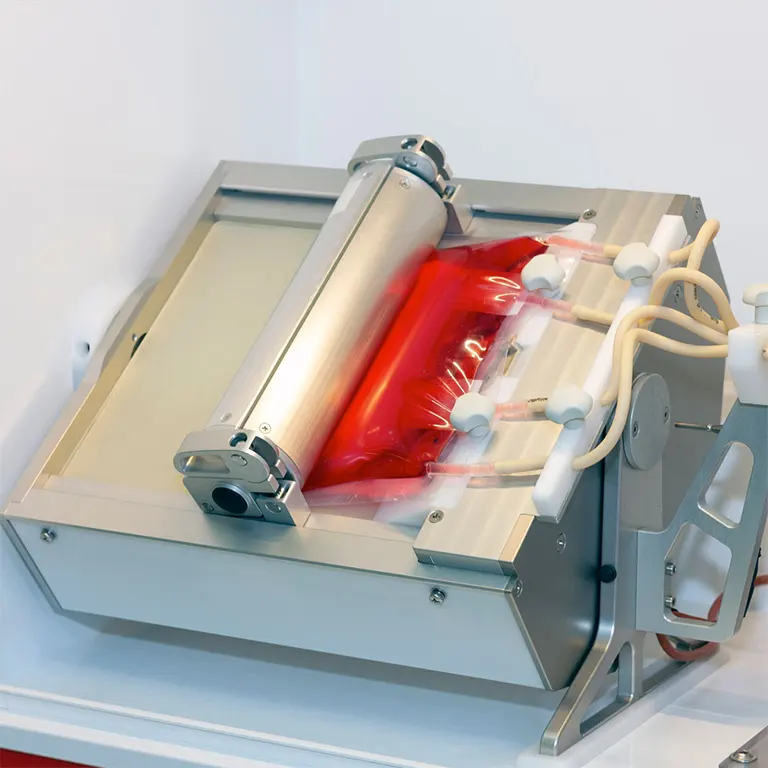Advanced microcarrier for cultivation of iPSC’s
Stem cells are promising for developing cell therapies, screening new medicines and modeling diseases. Induced pluripotent stem cells (iPSCs) are very useful for this purpose, but producing large quantities of these cells is a challenge.
Stem cells are promising for developing cell therapies, screening new medicines and modeling diseases. Induced pluripotent stem cells (iPSCs) are very useful for this purpose, but producing large quantities of these cells is a challenge. We contribute to research into special microcarriers for the effective and efficient cultivation of iPSCs.
Screening.
Mature human cells can be reprogrammed to produce pluripotent stem cells that can grow into any desired cell type. These induced pluripotent stem cells (iPSCs) can be used in various ways, for example, for screening new medicines for cardiovascular, diabetes, Alzheimer’s and Parkinson’s disease. River BioMedics is developing heart tissue models. However, the large-scale production of iPSCs continues to be a challenge. University of Twente and the start-up IamFluidics are working on a new type of microcarrier with a special coating for cultivating cells.
Process research.

The partners are conducting research into the use of new microcarriers as part of an EFRO project. We are contributing to this project through means of our participation in Scinus Cell Expansion. Scinus develops and supplies bioreactor technology for the cultivation of cells/stem cells. In this project, Scinus is using this technology for cultivating iPSCs. The challenge here is finding the suitable formulation and the associated coating for the microcarrier, and determining the right cultivating conditions.
